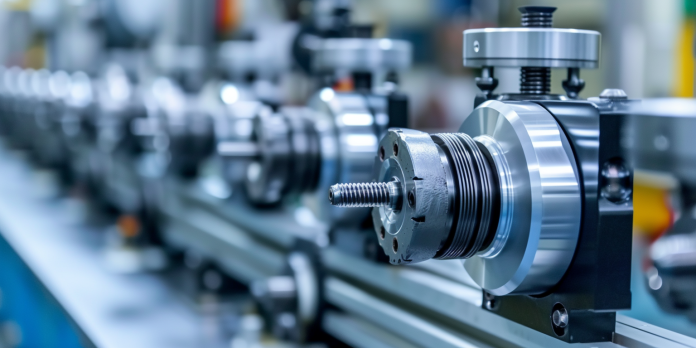In the manufacturing world, accuracy is essential. From the assembly line until reaching the final products, each stage is defined by accurate measurements that guarantee quality control through consistency and compliance with other industry standards. However, some producers can take the accuracy of measurements very lightly, which in turn may cause a chain reaction. We have outlined three major issues arising from the implementation of using inappropriate measurements in manufacturing so you can reduce the inaccuracies and errors at your manufacturing business.
1- Compromised Product Quality
The first direct outcome of incorrect measurements in manufacturing is that it results in poor products. Be it a minute part or a complicated assembly, precise measurements form an important aspect of the functionality and reliability of the finished product. Even slight inaccuracies at each step of the manufacturing process can result in defects, malfunctions, or even complete failure.
For instance, in sectors such as aerospace or automotive manufacturing where safety and dependability are crucial, one mistake in measurements can lead to wrong parts or systems. Such mistakes not only undermine the product’s integrity but also endanger the lives of the users. Moreover, tackling quality problems may be rather very expensive and can also damage a company’s reputation due to recalls and warranty claims.
2- Waste of Resources
The wasteful use of valuable resources is due to inaccurate measurements. Manufacturing processes are also highly improved through careful figurative measures. Nevertheless, if the measurements are not accurate, these processes can become very ineffective with more material waste and also longer production cycles as a result.
For instance, consider a case whereby the production line produces numerous products with inaccurate measurements. Along with the higher material costs due to these errors, this surplus also increases the environmental impact by causing more waste. Further, the elongated production duration reduces the possibility of complying with the schedule, and customer demands cause several financial losses and also bruised customers.
3- Compromised Safety and Regulatory Compliance
Accurate measuring also plays a very important role in ensuring the safety and compliance of the products. For example, in the aerospace and medical equipment production industries where accuracy is very critical because deviations from specified parameters may compromise user safety. Consequently, improper dimensions lead to structural deficiencies or even an increase in the risk of injury for the consumers with possible fatal effects.
Many more industries are subject to the regulations and standards demanding them to have standard quantity measurements for both the components as well as final products. However, if these rules are not followed, the manufacturing industries can be closed down, resulting in legal suits and hefty fines. For these statutory demands to be met, precise measurements have to ensue because the products should not only satisfy the safety standard but also conformity.
It cannot be understated that the accurate measurement is very essential to manufacturing. As a result, producers should not only strengthen measurement systems based on cutting-edge technologies but also quality control techniques to protect their operations and ensure customer satisfaction.








